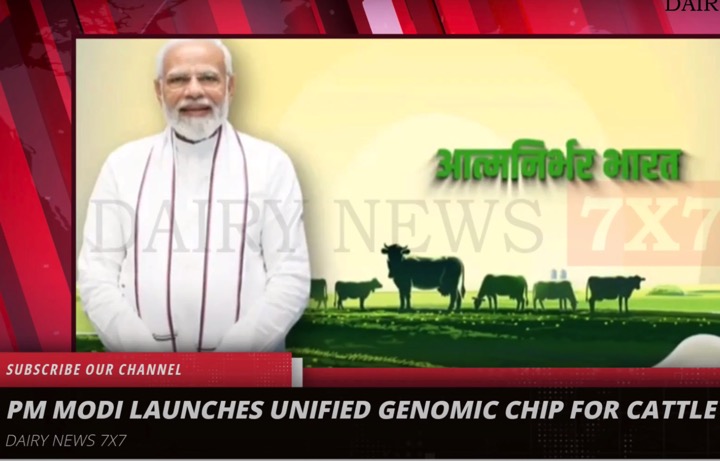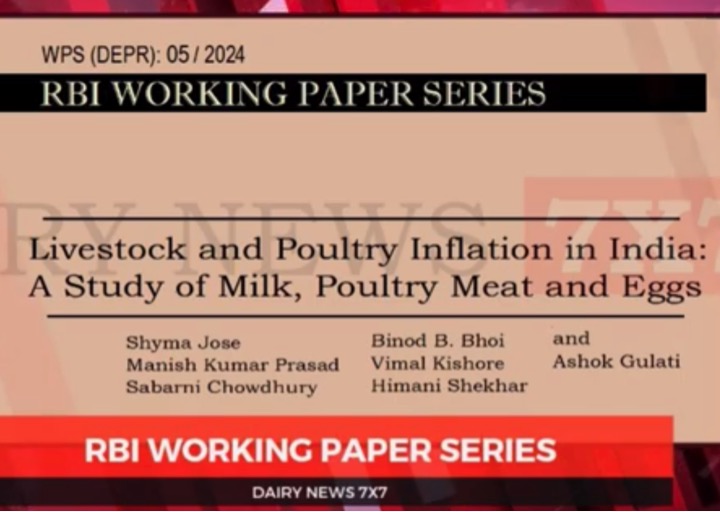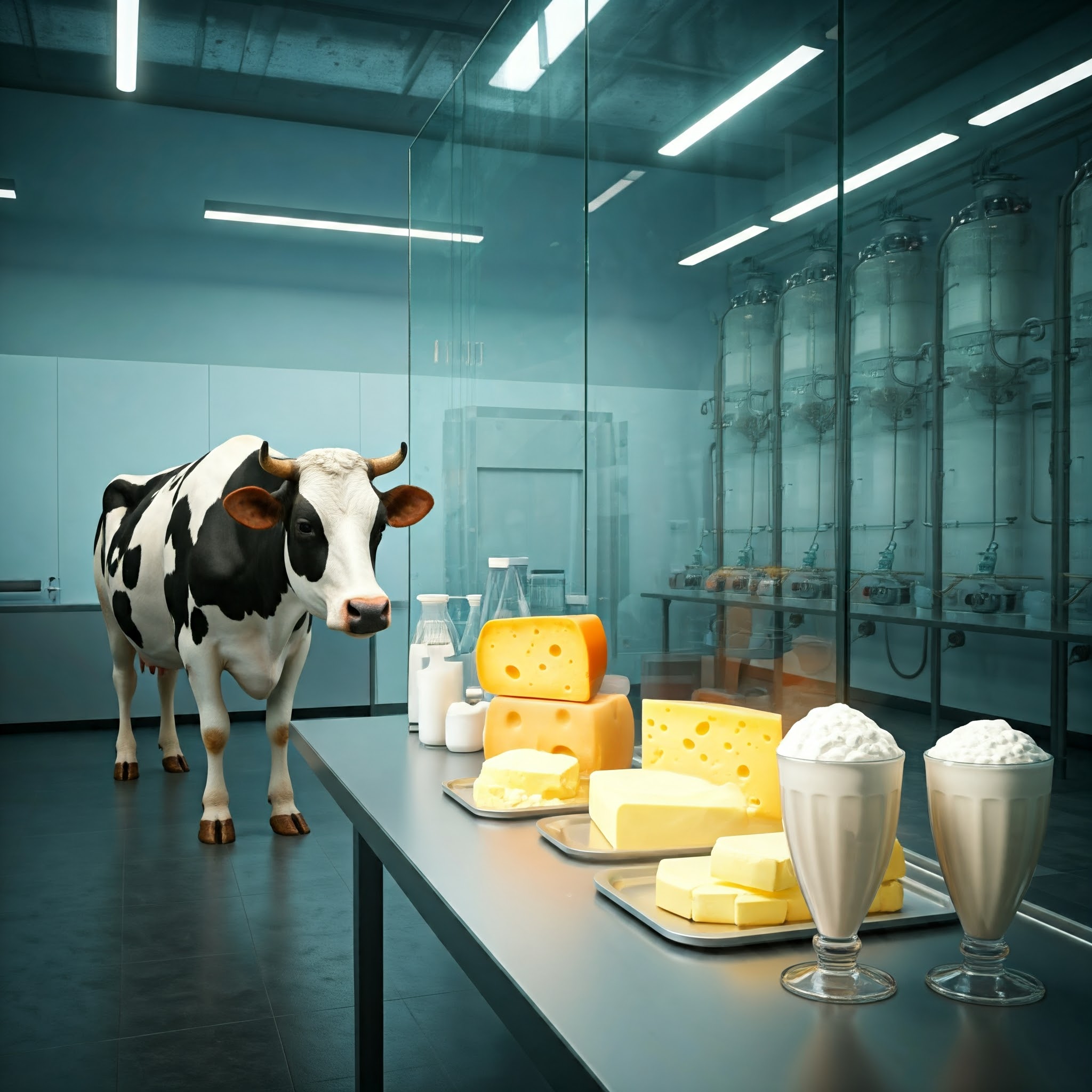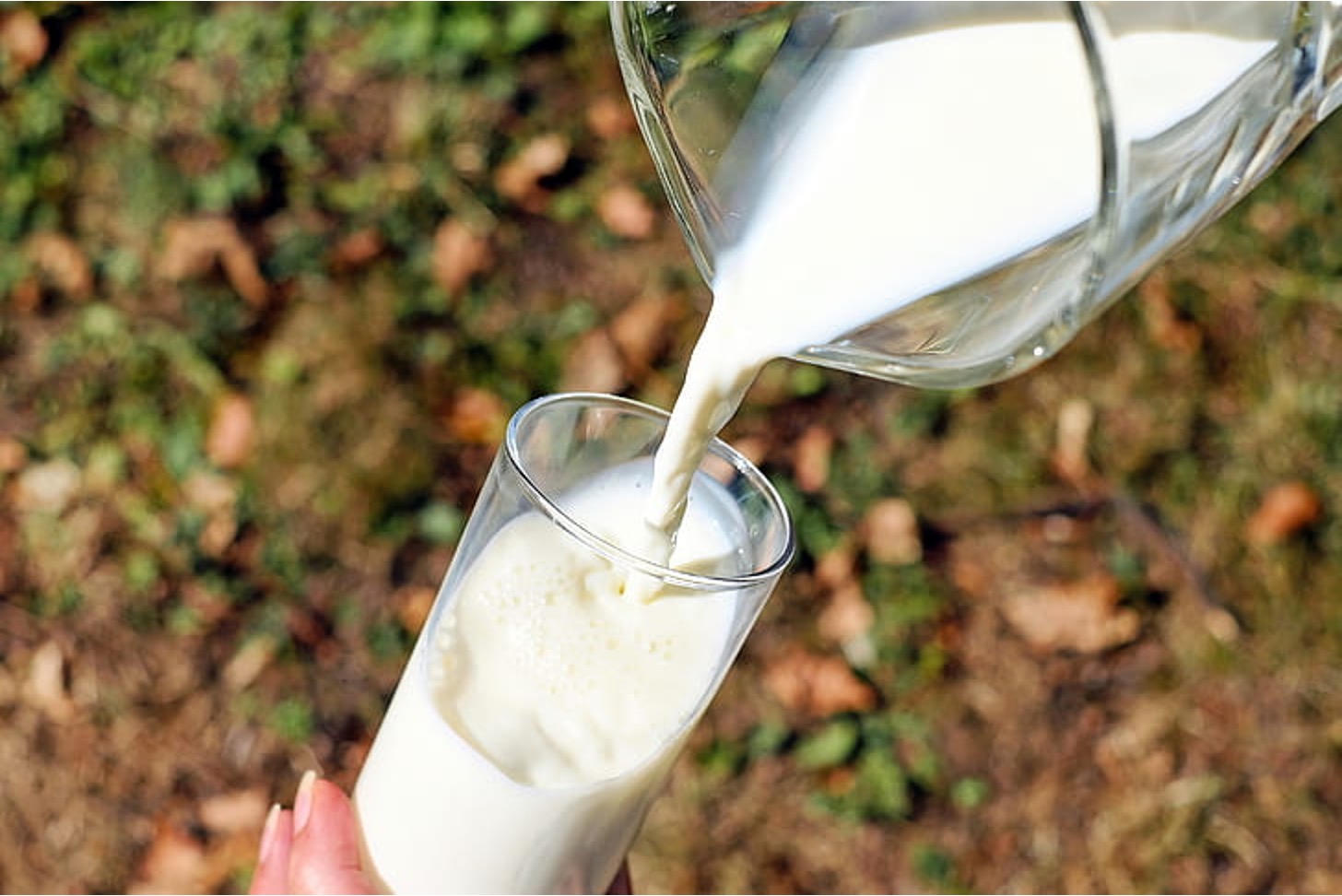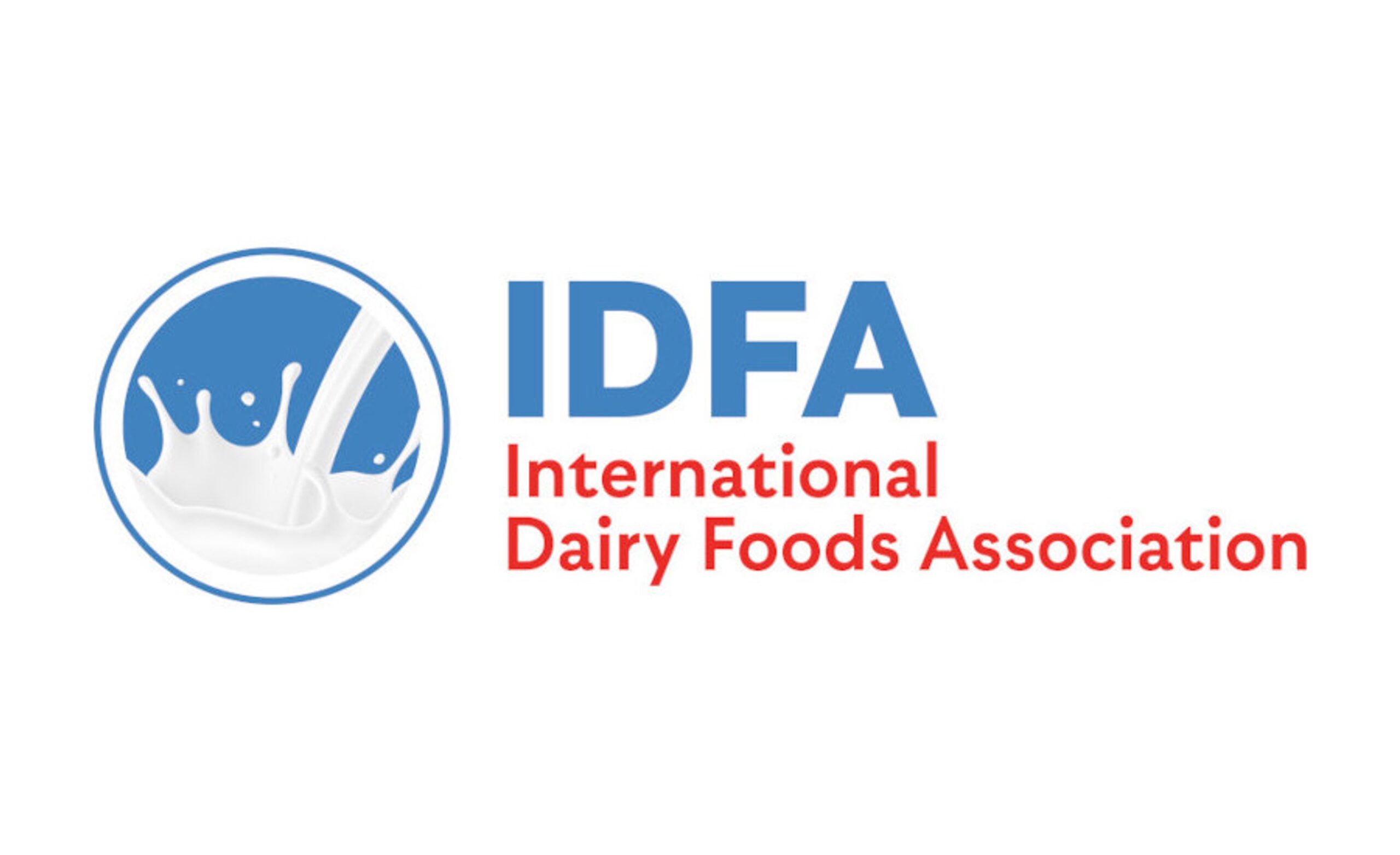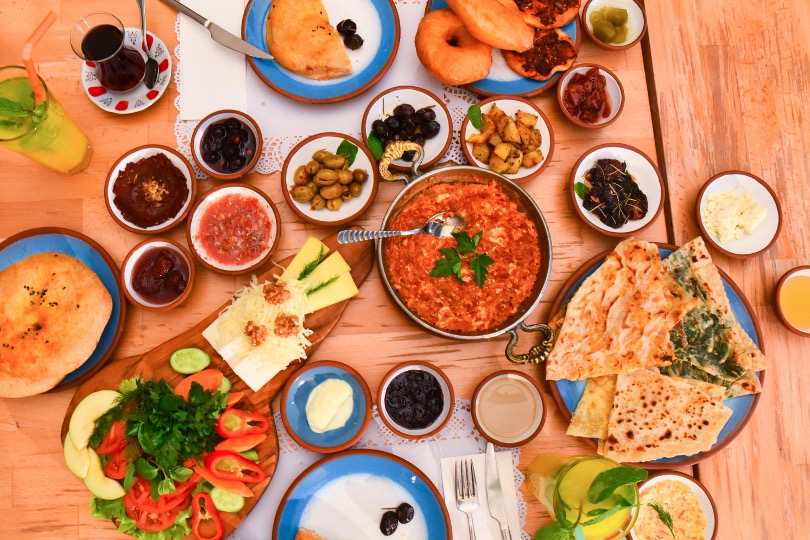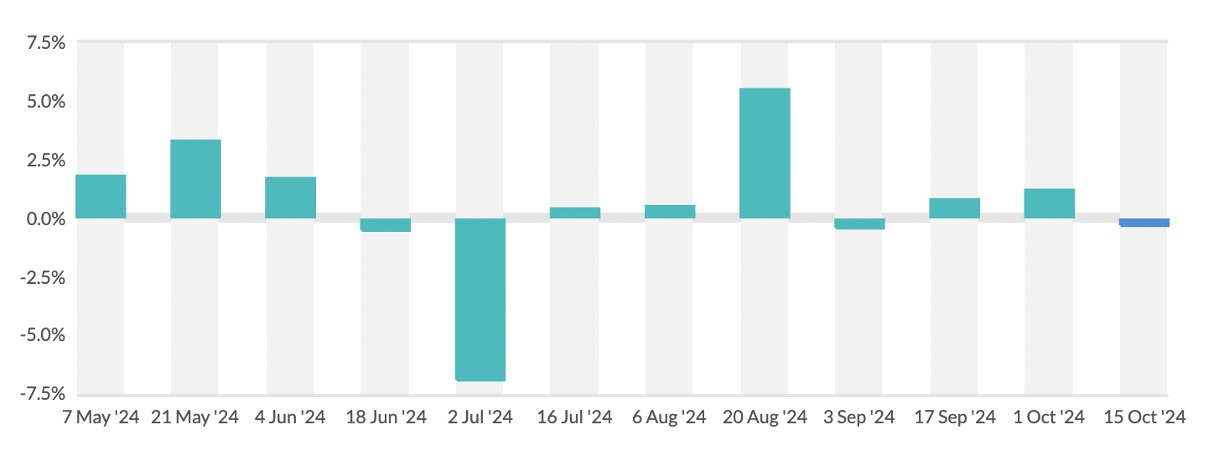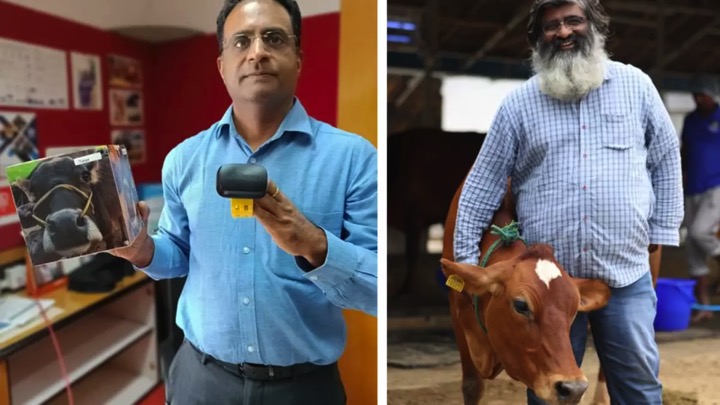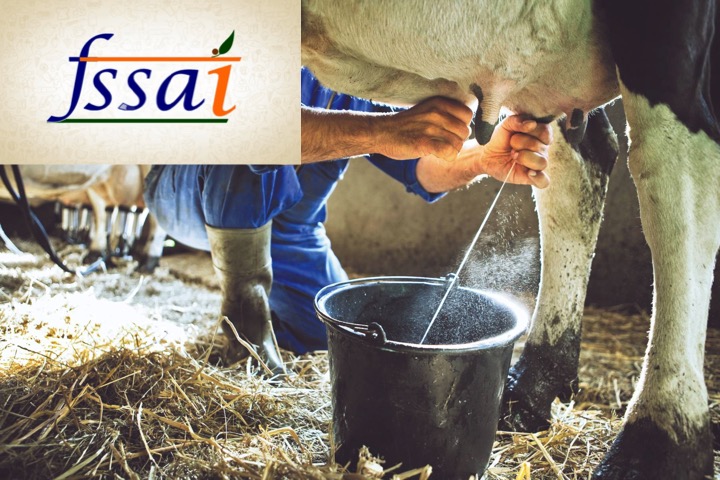In a major breakthrough in creating immunity in cattle against infectious diseases, including mastitis, researchers of the Transdisciplinary University of Health Sciences & Technology (TDU), Bengaluru, have successfully validated the immunomodulation ability of a natural phytochemical compound with curcumin as the active ingredient.
The study was carried out in Thrissur district in Kerala as part of academia-industry interface. At a time when economic loss due to mastitis in India exceeds ₹13,000 crore annually, there is great relevance for the findings, the researchers pointed out. They also noted that no vaccination is available against mastitis.
“Research findings revealed that the natural product offers immunity in dairy cattle against infectious diseases, including mastitis, by increasing complementary protein, interferon, immunoglobulin (IgM), lymphocytes and monocytes. Increase in calcium-phosphorus and albumin-globulin ratio and digestibility index substantiate 10% increase in milk production. There was no incidence of mastitis during the study period,” says T.P. Sethumadhavan, principal investigator of the project at TDU, Bengaluru. Co-principal investigators of the research project include M.N. Balakrishnan Nair and C.N. Vishnuprasad. Molecular laboratory investigations were done at the TDU’s laboratory and the Kerala Veterinary and Animal Sciences University’s laboratory at Kokkalai Veterinary Hospital, Thrissur.
“Antibiotics have been used to manage various infections in cattle. However, it has been noticed that the uncontrolled use of antibiotics results in increased antibiotic resistance. The use of antibiotics for treating mastitis results in inter-species and inter-genus transfer of antibiotic resistance and creation of various multi-drug resistant microorganisms in the environment, which affects immunity of livestock and human health,” says M.N. Balakrishnan Nair, Professor & Head, Ethno Veterinary studies at TDU.
“The compound with curcumin can be used to control mastitis as a prophylactic measure during pre-partum and post-partum stage along with cattle feed under scientific management practices,” according to researchers.
For States like Kerala where more than 96% cattle are crossbreeds, control of mastitis assumes more significance, they add.







